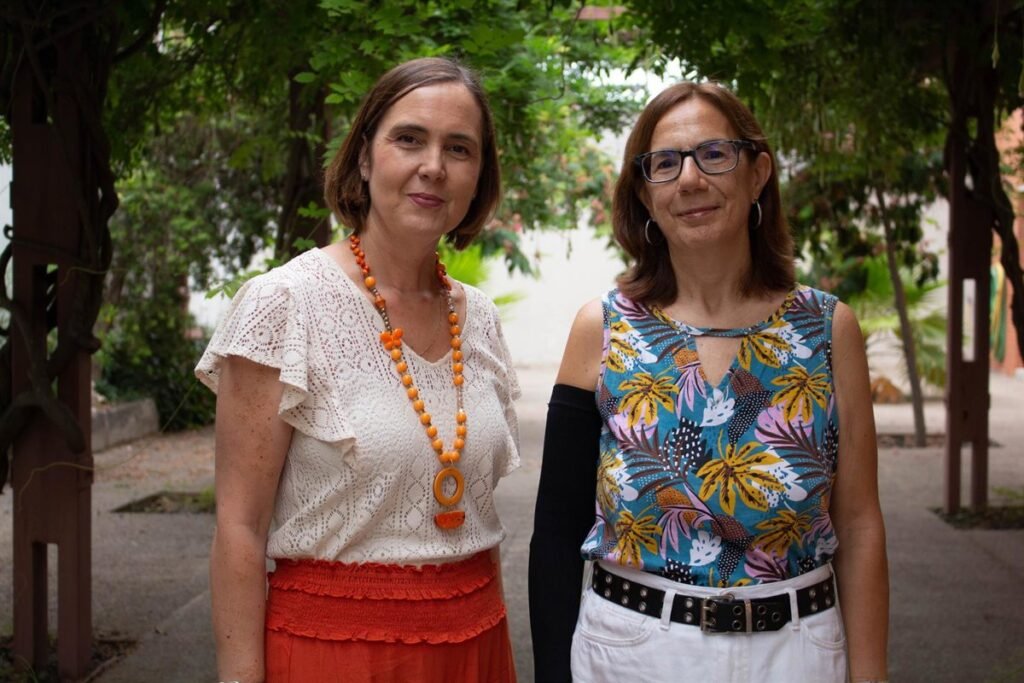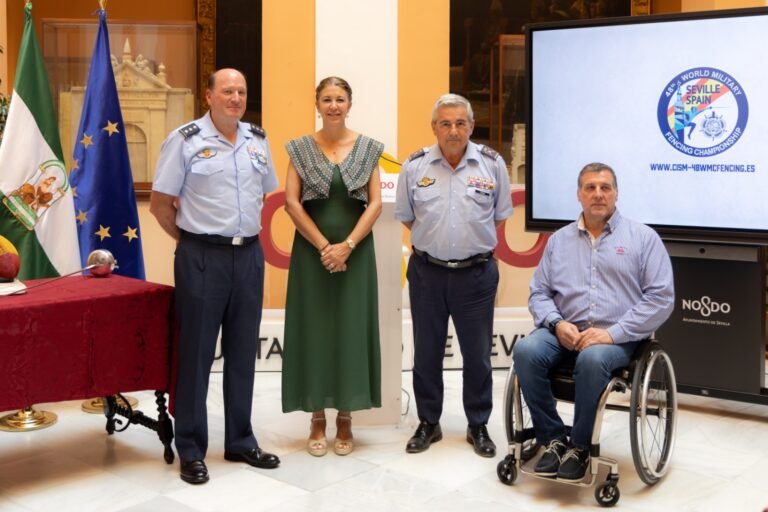
El estudio provides keys for an effective labor inclusion of those who have faced a serious illness
The Pablo de Olavide University (UPO) in Seville leads a new research that focuses on «a socially relevant challenge»: the return to employment of people who have overcome cancer in an increasingly complex work environment, where the future is often associated with technological advances such as artificial intelligence or digitalization.
As reported by the university itself in a statement, the study, recently published in the scientific journal ‘Employee Relations’, was conducted by Mónica Santana and Rocío Aguilar Caro, professors from the Department of Business Organization and Marketing at UPO, along with international expert Beatrice van der Heijden (Radboud University in Nijmegen, Netherlands).
The pioneering research in the Spanish context is based on «a qualitative approach and proposes a sustainable career model that integrates three pillars: health, happiness, and productivity.» In the words of Mónica Santana, lead researcher of the study, «this publication is part of a research line on the future of work and vulnerable workers, where we seek to provide sustainable solutions from the perspective of human resources.»
With over two million people in Spain who have survived cancer and more than 110,000 new diagnoses annually in working age, the study proposes a set of human resource management practices (HRM) that address the specific needs of this group: from job redesign to performance evaluation processes and career planning, as well as access to health and well-being resources. These measures «allow to recognize the talent of survivors and promote fairer and more inclusive work relationships,» the researchers have stated.
One of the key contributions of the work is the concept of «integrative and learning response,» where organizations must go beyond the simple principle of equity. «Many times, those responsible for managing people do not know how to act. Should they assign the same tasks as before or reduce the workload? Evaluate the same or with less demand? These legitimate doubts require a more comprehensive and sensitive view of each person’s trajectory,» Santana explained.
Rocío Aguilar added another essential nuance: «Some interviewed women expressed discomfort at being labeled as disabled persons, as this does not reflect their situation or capabilities and can generate an additional stigma. They prefer support measures similar to those applied in maternity or work-life balance, at least during the first years after their return.»
COMMUNICATION, THE MOST IMPORTANT TOOL
The key, according to both researchers, lies in communication: «So basic and yet so difficult. This study can help break the taboo and facilitate an honest dialogue in work environments.» In addition, this research «helps raise awareness of the main challenges faced by cancer survivors, a very important issue that helps improve that necessary communication,» they have stated.
According to the study, many survivors return to their positions while still dealing with persistent pain in areas of the body affected by treatments, in addition to facing harsh physical and psychological side effects derived, for example, from prolonged hormonal treatments.
This physical wear and tear is compounded by extreme fatigue, which, along with the struggle to regain self-esteem and adapt to new limitations, can hinder their performance and increase tension in work situations that they previously managed more easily. «Learning to live with work and pain is a reality for many,» Mónica Santana pointed out.
The research also highlights «the emotional burden of facing the constant fear of a possible relapse, a factor that deeply impacts the psychological stability of these individuals.» They have also emphasized that the issue «is even more acute in unemployed and self-employed survivors.»
In this sense, initiatives such as those promoted by the Spanish Association Against Cancer — which held a conference on the impact on labor in February 2024 — help shed light on a reality that is still not adequately addressed in public policies and business strategies.
However, in the face of these difficulties, some organizations are beginning to identify survivors as «a valuable source of growth.» As executives from companies participating in the study have indicated, «when a person overcomes these difficult situations, they become more creative, they have grown in difficult times; we have even promoted cancer survivors to high-level positions.»
Another executive added that a person facing a «potentially fatal illness,» once overcome, sees things from a different perspective, «prioritizes what needs to be prioritized, sets aside trivialities,» and thus learns from the newly acquired values, «increasing the trust among their colleagues.»
Finally, the study proposes future research lines around gender differences, selection processes after illness, and the social perception of survivors as useful and committed workers. This work «not only enriches the academic debate around labor sustainability and diversity, but also offers practical tools for companies, institutions, and labor policy makers committed to inclusion, not only in relation to cancer survivors, but also to individuals who have suffered from a long-term illness,» the university has concluded.




